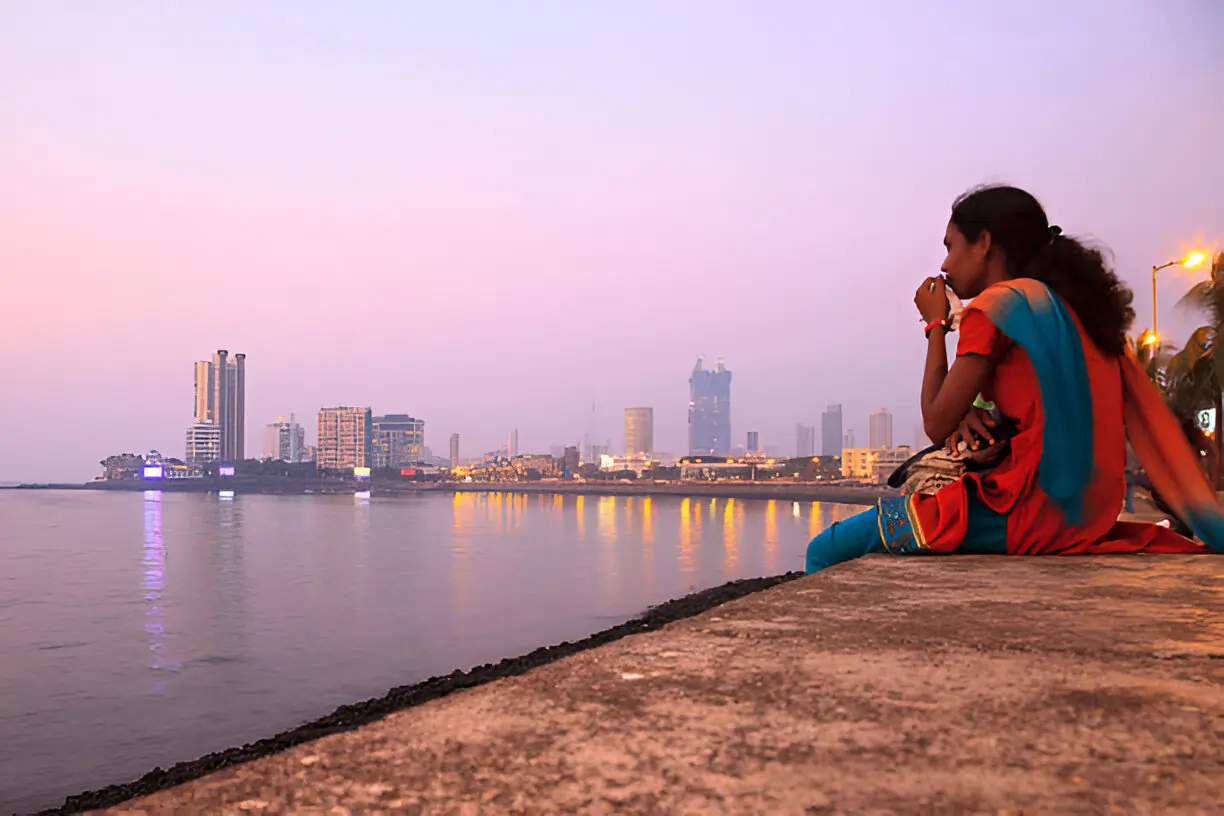Imagine your life is a map. A beautiful, intricate map of a city you once knew by heart—every winding street, every hidden shortcut, every quiet park where you could catch your breath. You knew its rhythms, its secrets, its soul. Now, look at that map again. The paper is crumpled and water-stained, the ink bleeding into unrecognizable blotches. Entire sections, the ones that led to joy and connection, have been torn away. You’re standing in the middle of Mumbai, a city thrumming with millions of individual stories, yet you can’t for the life of you find your own path. You’re profoundly, terrifyingly lost.
That’s what addiction feels like. It’s a slow-motion vanishing act. And when you’re that lost, the thought of searching for one of the best rehabilitation centers in Mumbai can feel like being handed another impossible riddle, another mountain you don’t have the strength to climb. What does “top-rated” or “best” even mean when your world has shrunk to a painful, repeating cycle of shame and survival?
Let’s cut through all that noise for a moment. I’ve spent years sitting in quiet rooms, listening to stories of unimaginable struggle and breathtaking recovery. I’ve learned that the true measure of a healing place has almost nothing to do with what you see on a glossy website. It’s not about the thread count of the sheets or the gourmet meals. In my experience, the search for the right place isn’t about finding five-star service; it’s about rediscovering your own dignity. It’s about finding a place that remembers the person you are underneath the chaos and, more importantly, helps you remember, too.
So, what does that actually look like? How do you find such a place in a city of millions?
You have to look for a feeling, not a feature list.
It’s the quiet, patient nod of understanding from a counselor who isn’t just looking at their watch but is truly seeing you. It’s the shared, unguarded laughter that erupts over a simple evening meal, making you feel, maybe for the first time in years, like you belong somewhere again. It’s the profound relief of being seen not as a case file to be managed, but as a human being with a story worth hearing. Why does this atmosphere matter so much more than anything else? Because healing doesn’t happen in a sterile, clinical vacuum. It happens in a messy, supportive, and profoundly real community. You’re not a machine to be fixed; you are a person who needs to reconnect.
Now, here’s a common mistake I’ve seen so many people make, and honestly, it’s a trap any of us could fall into. We chase the promise of a quick fix. We’re in so much pain that we’re drawn to the place that promises the fastest, easiest, most painless cure. We want the pain to stop, and we want it to stop now. But that’s a dangerous illusion. Addiction isn’t a broken bone that can be set in a cast and forgotten about for six weeks. That’s a fundamental, critical misunderstanding of the problem.
It’s more like the foundation of a house has developed deep, structural cracks. You can’t just paint over them and pretend they aren’t there. You have to go deeper. You have to excavate, clear away the debris, and patiently rebuild from the ground up, ensuring the new foundation is stronger than the old one ever was. It’s slow, deliberate, and often difficult work. It requires honesty and courage. And it’s work you shouldn’t have to do alone.
Think of a truly great center in this way: it doesn’t hand you a brand-new, pristine map. That wouldn’t be your life, would it? That map wouldn’t have your memories, your scars, your strengths. Instead, a truly healing place provides a safe, sturdy table and a warm, steady light. It gives you the space, the time, and the safety to carefully unfold your own crumpled, damaged map. It sits with you while you smooth out the creases, trace over the faded lines, and begin to chart a new path forward—with a guiding, experienced hand nearby, but never, ever taking the pen away from you. The power to draw your map is still yours. It always was.
So, when you’re looking for help, you need to ask different questions. Forget the amenities. Ask yourself this: Does this place feel like it wants to empower me or just manage me? Is the goal here to silence my symptoms or to help me understand my story? Is this a sanctuary or is it just a facility? The answers to those questions will tell you everything you need to know.
At the end of the day, you’re not just looking for treatment. You’re looking for a place where you can be vulnerable without being judged, be honest without being shamed, and begin the quiet, courageous work of rebuilding your own foundation, one steady brick at a time. This is what separates the merely adequate from the best rehabilitation centers in Mumbai; it’s the unwavering focus on healing the whole person—mind, body, and spirit. It’s a philosophy built on compassion, not just compliance.
The journey is long, and it doesn’t end when you walk out the door. But it’s a journey back to the most important place you can ever be: home to yourself. You deserve to find your way back. You just have to take that first, impossibly brave step.
Read more: New Orleans Dating Culture Where Jazz and Confidence Collide
New Orleans Dating Culture Where Jazz and Confidence Collide
Best Rippling Alternatives for Startups: Affordable HR Tools with Powerful Features










